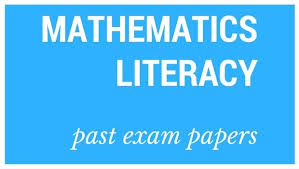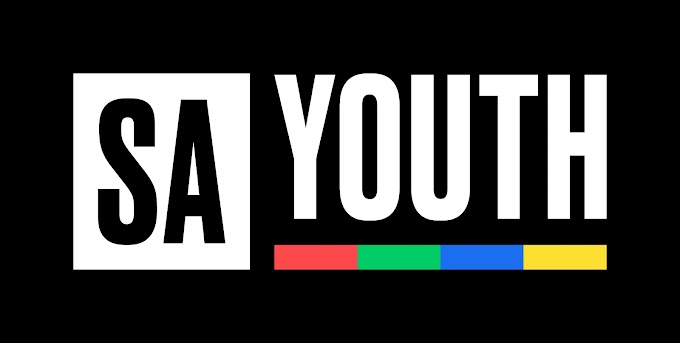The Forex is a group of approximately thousands of currency trading institutions that include international banks, government central banks, and commercial companies. Payments for exports and imports flow through the Foreign Exchange Market, as well as payments for purchases and sales of assets. This is called the “Consumer Foreign Exchange Market.” There is also a “speculator” segment in the Forex Market. Speculators have great financial exposure to overseas economies participating in the Forex to offset the risks of international investing.
Historically, the Forex Interbank Market was not open to small speculators. With a previous, minimum transaction size, and often stringent financial requirements, the small trader was excluded from participation in this market. Today, Market Maker brokers are allowed to break down the larger interbank units and offer small traders the opportunity to buy or sell any number of these smaller units (lots).
Commercial Banks play two roles in the Forex Market:
(1) They facilitate transactions between two parties. For example, two companies wishing to exchange different currencies would seek the help of a commercial bank.
(2) They speculate by buying and selling currencies. The banks take positions on certain currencies because they believe they will be worth more if, “long”, or less if, “short”, in the future. It has been estimated that international banks generate up to 70% of their revenues from currency speculation. “Other” speculators include many of the worlds’ most successful traders, like George Soros.
The Forex also includes central banks from various countries, like the U.S. Federal Reserve. They participate in the Forex to serve the financial interests of their country. When a central bank buys and sells its own or a foreign currency, the purpose is to stabilize their own country’s currency value.
The Forex is so large and is composed of so many participants, that no one player, not even the government central banks, can control the market. In comparison to the daily trading volume averages of the $300 billion U.S. Treasury Bond market and the approximately $100 billion exchanged in the U.S. stock markets, the Forex is huge, and has grown in excess of $4 trillion daily.
The word “market” is a misnomer describing Forex trading. Unlike other markets, there is not a centralized location for trading activity. Currency trading takes place via the Internet or over the phone.
To be continued...






